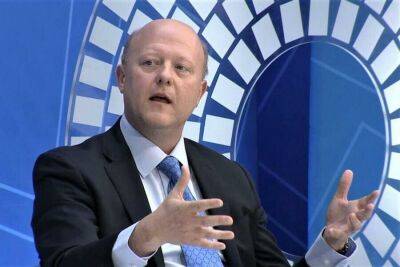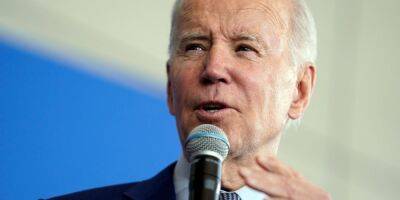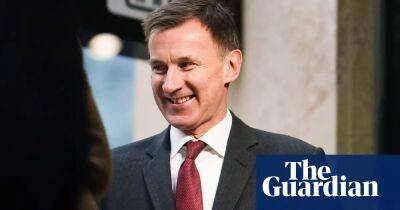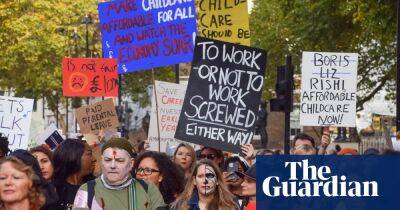UK ‘barking up wrong tree’ trying to get over-50s back to work, report finds
Rishi Sunak’s government is “barking up the wrong tree” by trying to get people in retirement back to work to fix chronic staff shortages, according to a report that warns long-term sickness and pressure on the NHS is having a bigger impact on the jobs market.
The sharp rise in economic inactivity – when working-age adults are neither in work nor looking for a job – is more likely to be driven by people waiting for treatment as the health service struggles to cope, as well as by people who permanently live in poorer health, according to the consultancy LCP.
“There is a real risk of the government barking up the wrong tree when it comes to the growth in economic inactivity,” the report says.
It comes as the work and pensions secretary, Mel Stride, enters the final stages of an urgent review of options to boost workforce participation before next month’s budget. The government has so far focused on addressing early retirement, with the chancellor, Jeremy Hunt, urging the over-50s to get off the golf course.
Official figures published last week showed early retirement explains none of the increase in inactivity since the start of the pandemic. While the number of people who are economically inactive is more than half a million higher than in February 2020, the number who have quit the labour market due to retirement has fallen.
Sir Steve Webb, the former pensions minister who co-authored the LCP report, said rising long-term sickness was much more significant.
“We were gobsmacked by what we found. It turns out there are fewer earlier retired today than at the start of the pandemic. You wouldn’t believe that from ministers’ speeches and talk of getting people back off the golf course,” he said.
The report says the number of
Read more on theguardian.com




















